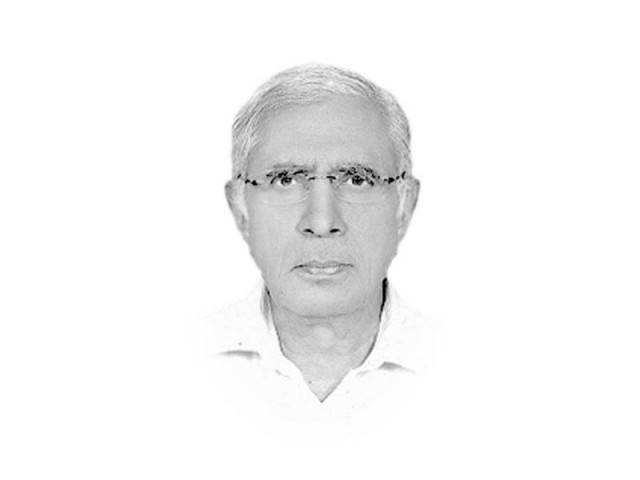Kashmiri diaspora to petition ICJ?
When the lockdown in IoK is finally lifted, New Delhi will find itself dealing with an incensed population

The writer served as Executive Editor of The Express Tribune from 2009 to 2014
Article 370 embodied six special provisions for Jammu and Kashmir. It exempted the State from the complete applicability of the Constitution of India. The State was allowed to have its own Constitution. At the time of the framing, central legislative powers over the State were limited to the three subjects of defence, foreign affairs and communications. Other constitutional powers of the central government could be extended to the State only with the concurrence of the State government.
The “concurrence” was only provisional. It had to be ratified by the State’s Constituent Assembly. The State government’s authority to give “concurrence” lasted only until the State Constituent Assembly was convened. Once the assembly finalised the scheme of powers and dispersed, no further extension of powers was possible. Article 370 could be abrogated or amended only upon its recommendation.
Once the State’s Constitutional Assembly convened on 31 October 1951, the State government’s power to give “concurrence” lapsed. After the Constituent Assembly dispersed on 17 November 1956, adopting a constitution for the State, the only authority provided to extend more powers to the central government or to accept central institutions had vanished. Therefore, subsequent expansions of India’s central legislative powers through acts ratified by the Indian Parliament were as illegal as the revocation of Article 370 and 35A.
The move, therefore, has grievously aggrieved the people of India-occupied Kashmir (IoK) because it has violated an agreement signed in 1947 between the then two sovereign entities –the Maharaja of Jammu and Kashmir and the Indian Union. As such the people of IoK or their representatives have the right to take their case to the International Court of Justice for redress. However, since these people are now in complete lockdown, it is the responsibility of Kashmiri diaspora to go to the ICJ on behalf of IoK.
Meanwhile, the Indian attempt to annex IoK through the August 5 move has been nullified by the United Nations Security Council’s (UNSC) special meeting on August 16, 2019, which has affirmed the disputed status of IoK. As a result, the Indian move to change the status of IoK from an internationally-recognised disputed territory to India’s internal matter was thus thwarted in time by the UNSC. And despite the revocation of Article 370, in the eyes of the world, IoK continues to remain a disputed territory between India and Pakistan which is to be settled either by implementing the relevant UN resolutions or if the two countries so preferred, through bilateral negotiations.
Since Pakistan is not an aggrieved party, nor has it been directly affected by the revocation of Article 370 and 35A, and had always regarded IoK as a disputed territory between India and Pakistan despite the presence of this article in the Indian Constitution; it cannot go to the ICJ on its own.
When the lockdown in IoK is finally lifted, New Delhi will find itself dealing with an incensed population prepared to fight for months and perhaps years. Modi would retaliate with extra brute force causing a bloodbath.
Therefore, for the sake of the unarmed people of IoK, Pakistan would need to focus more on mobilising the world opinion against the ongoing violations of human rights by India. It would help critically if we could get the Kashmiri diaspora from all over the world to lead us in appealing to the world opinion and petitioning to the UN Human Rights Council.
Published in The Express Tribune, August 24th, 2019.
Like Opinion & Editorial on Facebook, follow @ETOpEd on Twitter to receive all updates on all our daily pieces.














COMMENTS
Comments are moderated and generally will be posted if they are on-topic and not abusive.
For more information, please see our Comments FAQ